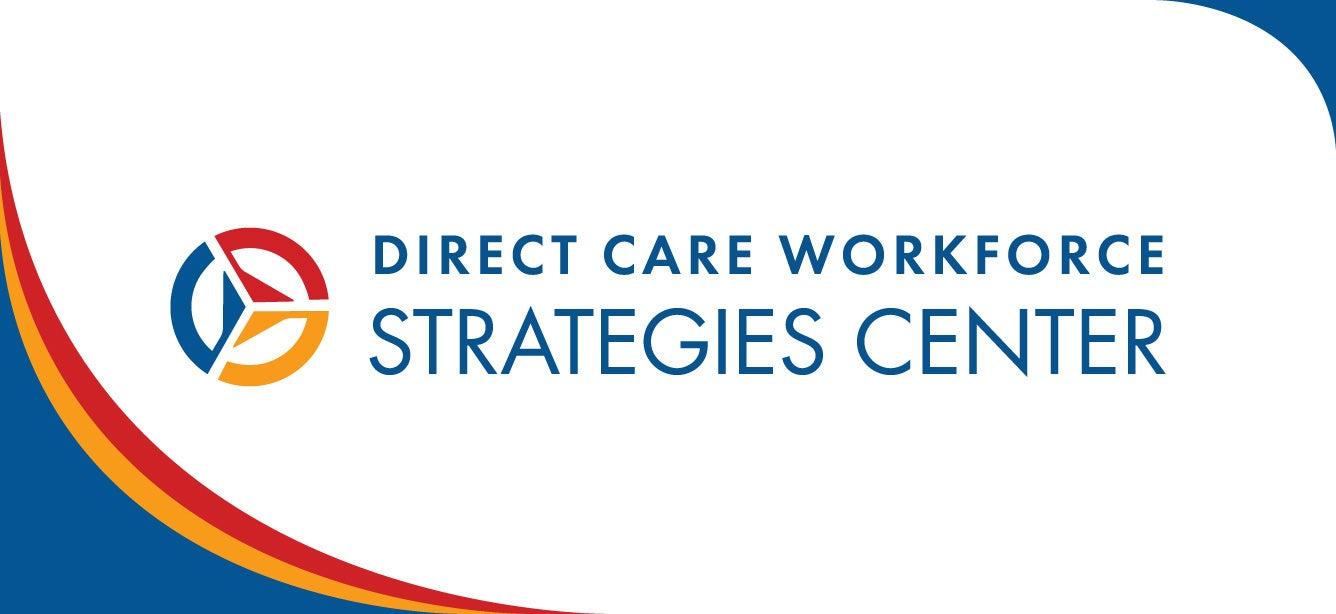Applications Now Open for State Technical Assistance to Improve Direct Care Worker Recruitment, Training, and Retention
5 min read

Direct Care Workforce Strategies Center will help states meet the growing need for care among older adults and people with disabilities
Contact
Simona Combi
Public Relations Manager
571-527-3982
simona.combi@ncoa.org
Arlington, VA (Feb. 27, 2024)—With the U.S. facing a dire shortage of professionals to provide home- and community-based services (HCBS) to a rapidly growing population of older adults and people with disabilities, the Direct Care Workforce Strategies Center, led by the National Council on Aging (NCOA), has opened applications for two technical assistance opportunities for states to improve their systems for recruiting and retention.
Between 2021 and 2031, the direct care workforce is projected to add more than 1 million new jobs, resulting in a total of 9.3 million direct care jobs need to be filled, according to PHI. Low wages, lack of full-time employment, and the pandemic have caused fewer workers to enter direct care at the exact time the need for their services is growing.
Funded by the U.S. Administration for Community Living (ACL), the Direct Care Workforce Strategies Center is addressing this challenge by providing resources, technical assistance, and training to state systems, providers, and stakeholders to improve direct care workforce recruitment, training, and retention. The Strategies Center offers federally supported technical assistance to facilitate collaboration among state agencies—including Medicaid, aging, disability, labor, and workforce development systems—and their stakeholders to improve recruitment, retention, training, and professional development of the direct care workers who provide the critical services that make it possible for people with disabilities and older adults to live in their own homes and actively participate in their communities.
“Older adults and people with disabilities deserve to live and age in the place and community they choose—and the direct care workforce makes that possible,” said Ramsey Alwin, NCOA President and CEO.
Direct care professionals also deserve to be treated with respect and given the support they need to succeed. We’re excited to lead this collaborative effort to build capacity in states across the country.”
A team of organizations including ADvancing States, the National Association of State Medicaid Directors (NAMD), and the National Association of State Directors of Developmental Disabilities Services (NASDDDS), with the assistance of PHI, the University of Minnesota’s Institute on Community Living, and other partners of the Strategies Center, will work with NCOA to lead several state initiatives for systems change. The efforts aim to build and sustain a premier national HCBS direct care workforce.
Opportunities now available for state technical assistance
Today, the Direct Care Workforce Strategies Center is announcing three levels of technical assistance available to states:
- Direct Care Workforce Intensive Technical Assistance to States: This will provide up to 250 hours of individualized technical assistance for up to six multidisciplinary state teams with representatives across disability and aging services, Medicaid, labor, and other state leaders. Participating states will receive access to subject matter experts, a designated technical assistance coach, and facilitated collaboration across state agencies to develop state-specific plans to improve and sustain workforce development and retention. Applications are now open.
- Direct Care Workforce State Peer-Learning Collaboratives (PLC): These will allow selected states to participate in working groups made up of four to six states each, with time spent discussing innovative strategies for growing and enhancing the direct care workforce. Each learning collaborative will focus on a unique topic. The working groups will hold monthly meetings focused on group learning, information sharing, and developing best practices. Applications are now open.
- DCW Strategies Webinar Series: The Strategies Center will host the first webinar in the DCW Strategies Webinar Series on Thursday, March 7, at 10:30 a.m. EST. Attendees will hear from federal and NCOA leadership on this important initiative, and how your state can benefit from various technical assistance opportunities. Participants can register in advance or watch the recording online.
“Without a strong direct care workforce, people cannot get the services they need to live in the community, the quality of care people receive is diminished, and families and caregivers face pressure to step into caregiving roles they are not equipped for,” said Josh Hodges, NCOA Chief Customer Officer.
The Strategies Center is working to support long-awaited revitalization to the direct care industry, so workers, people receiving services, and families can thrive.”
An informational call about the Intensive Technical Assistance and PLC opportunities will be held on Friday, March 8, at 2 p.m. EST. Interested parties should register in advance and review the call for applications, which is available on the Direct Care Workforce Strategies Center website. Applications are due March 25, 2024, at 8 p.m. EST.
About the Direct Care Workforce Strategies Center
Funded by the Administration for Community Living and operated by the National Council on Aging, in partnership with more than ten organizations, the Direct Care Workforce Strategies Center provides technical assistance to states and service providers and facilitates collaboration with stakeholders to improve the recruitment, retention, training, and professional development of members of the direct care workforce.
About NCOA
The National Council on Aging (NCOA) is the national voice for every person’s right to age well. Working with thousands of national and local partners, we provide resources, tools, best practices, and advocacy to ensure every person can age with health and financial security. Founded in 1950, we are the oldest national organization focused on older adults. Learn more at www.ncoa.org and @NCOAging.
This opportunity is supported by grant DCW 90DNCW0001 from the U.S. Administration for Community Living, U.S. Department of Health and Human Services. Points of view or opinions are those of the authors and do not necessarily represent official ACL policy.



